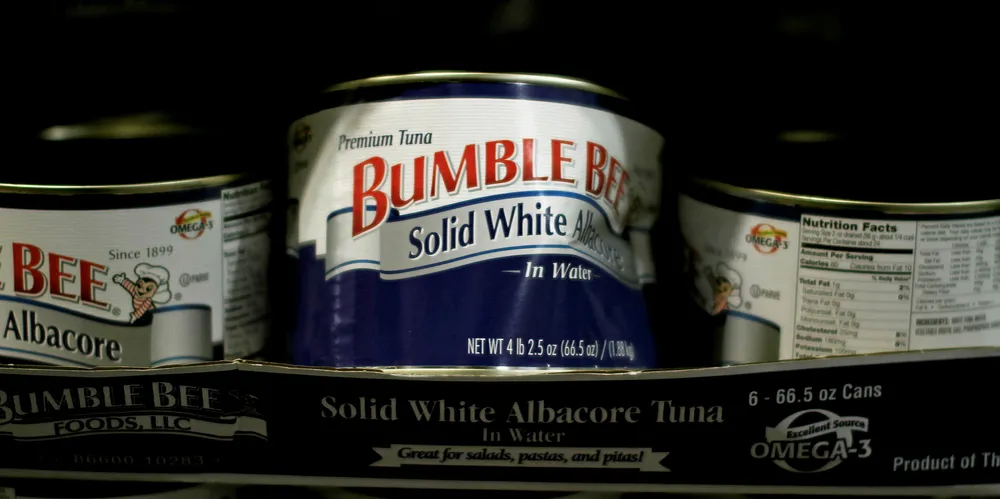LIVE UPDATES: Former Bumble Bee CEO Chris Lischewski found guilty of price-fixing
The Department of Justice (DOJ) alleges Lischewski was the mastermind behind a vast conspiracy to fix prices -- a charge the executive hopes to dodge.

The Department of Justice (DOJ) alleges Lischewski was the mastermind behind a vast conspiracy to fix prices -- a charge the executive hopes to dodge.
